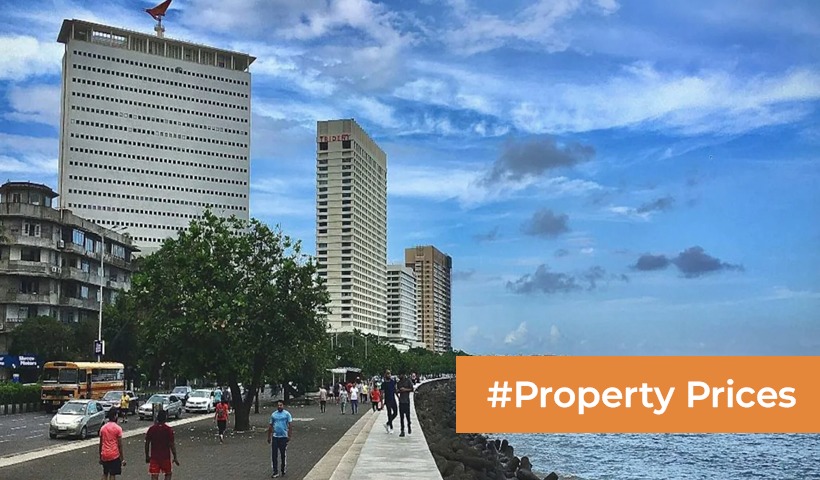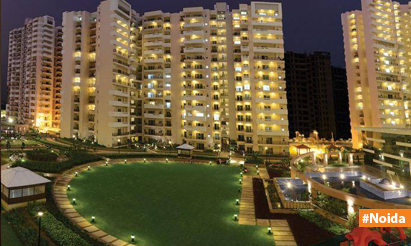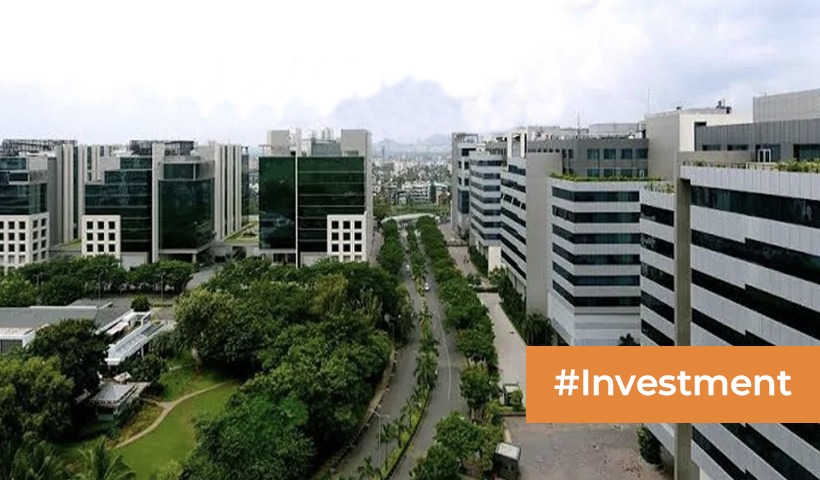Delhi VS Mumbai: A Complete City Comparison
The cultural and political capital of India is Delhi, whereas the commercial and financial hub is Mumbai. Both are India’s two most populous cities, that are comparable in certain aspects but vastly diverse in terms of language, cuisine, tradition, and environment. Although both provide distinct experiences, both are fantastic places to visit if you want to learn more about India.
Inside this article, we’ll evaluate Delhi and Mumbai, emphasizing a few of the key distinctions which will help you determine if Delhi or Mumbai is the ideal location for you.
Weather Comparison: Delhi vs. Mumbai
Delhi has the advantage of experiencing all four seasons. Summers are hot, and winters are very cold. In the interim, Delhi is treated to the seasons of Spring and Autumn.
Mumbai has the same weather all year: hot and humid. Because it is located on the coast, the city has hot summers all year and becomes much more humid when it rains. In truth, Mumbai’s monsoons are brutal, and considering the state of the city’s drainage and roadways, it’s a daily struggle to be there at this time.
When it comes to the environment, Delhi is unquestionably the winner.
Cost of Living in Delhi vs. Mumbai
According to a recent poll performed in March 2019, Mumbai’s cost of living is 4% more than Delhi’s. In both cities, the cost of food is almost the same. While Mumbai is less expensive in terms of transportation, clothes, personal care, and entertainment, the cost of lodging in Mumbai is 52 percent more than in Delhi.
As a result, Delhi earns another point for having a 4% lower cost of living.
Transportation Options in Delhi and Mumbai
The metro system in Delhi provides pleasant, hygienic, and quick transit. Subways are usually quite punctual. Delhi buses feature a low floor foundation, which makes them safer and much more comfortable. Autos in Delhi are nothing to write home about since if you weren’t from the city and don’t know how to haggle, you will be fleeced.
The local trains in Mumbai are well linked. However, during peak hours, these trains are overcrowded, disorganised, and frequently delayed. DTC and BEST/NMMT buses connect Mumbai to the rest of the country. Autos in Mumbai are more trustworthy since they are metered.
Delhi receives a point for cleanliness and timeliness, while Mumbai receives a point this time due to the lower cost of transportation in the city.
Safety in Delhi vs. Mumbai
Delhi is a dangerous city. In Delhi, the crime index is quite high, while the safety rating is consistently low. Women, in particular, are not safe in the metropolis. According to a poll performed by the IDFC Institute in 2017 titled Safety Trends and Crime Reporting, 87 percent of homes are concerned about safety when a female member is out alone in the city after 9 p.m., compared to 30 percent of houses in Mumbai. In Delhi, just 1% of households are comfortable with a female member leaving the house at any time of day, but in Mumbai, 13% are.
Because crime, corruption, and bribery are far higher in Delhi than in Mumbai, Mumbai wins this round.
Standard of Living: Delhi or Mumbai?
When it comes to standard of living, Delhi is significantly superior to Mumbai. While it has lately been in the headlines for excessive pollution levels and haze, Delhi’s architecture is superior, the roads are bigger and better, and there is more breathing space with fewer people than in Mumbai. Delhi also outperforms Mumbai in terms of hygiene, with several districts of Old Delhi being renovated.
Final Verdict: Which City is Better – Delhi or Mumbai?
The debate over which city is superior can go forever, depending on history, tradition, gastronomy, geography, people’s attitudes, and so on. Nevertheless, at the end of the day, both cities have their very own distinct characteristics, as well as their own distinct inhabitants, making them equally fascinating.
Disclaimer: The views expressed above are for informational purposes only based on industry reports and related news stories. PropertyPistol does not guarantee the accuracy, completeness, or reliability of the information and shall not be held responsible for any action taken based on the published information.




